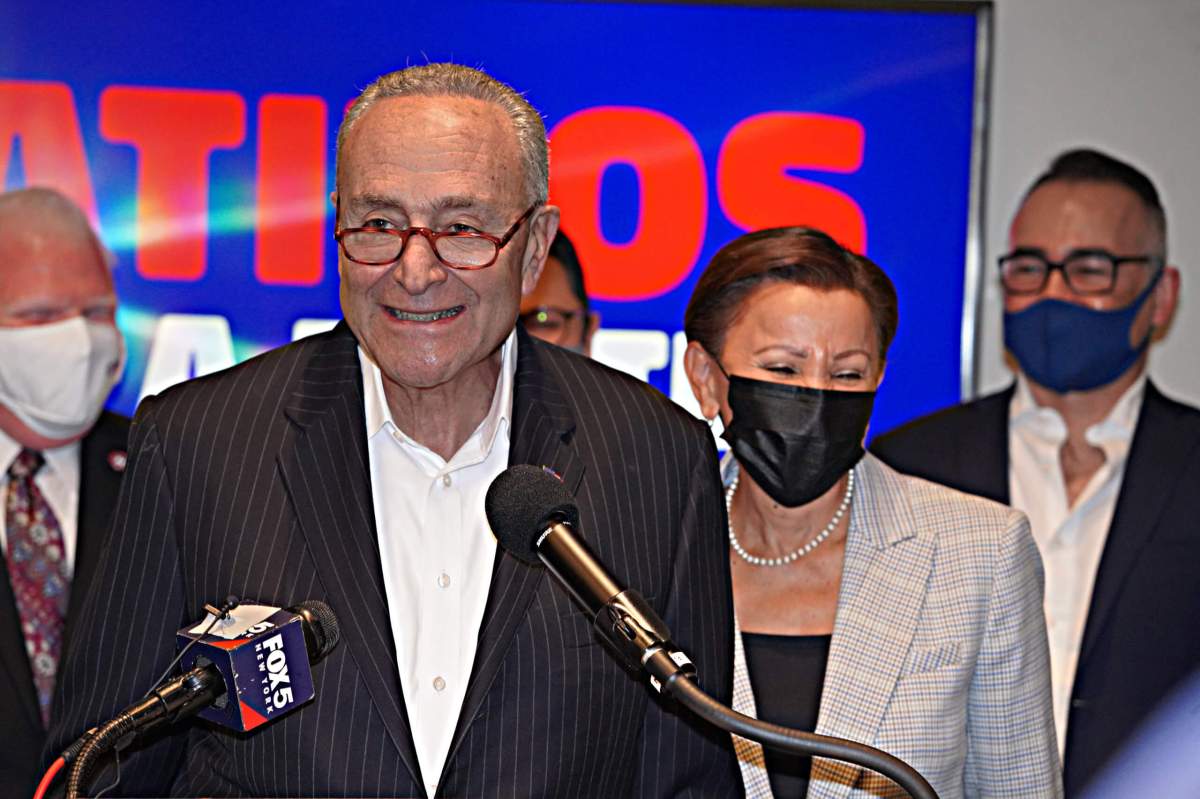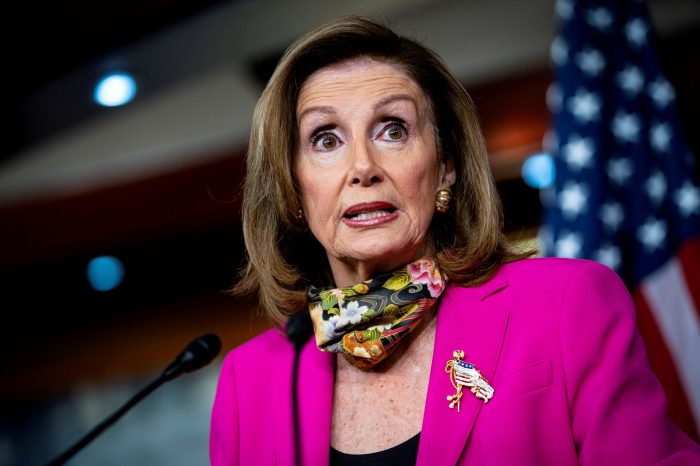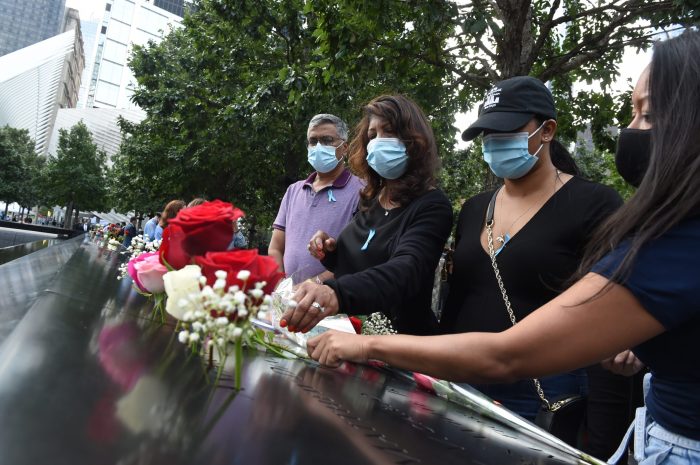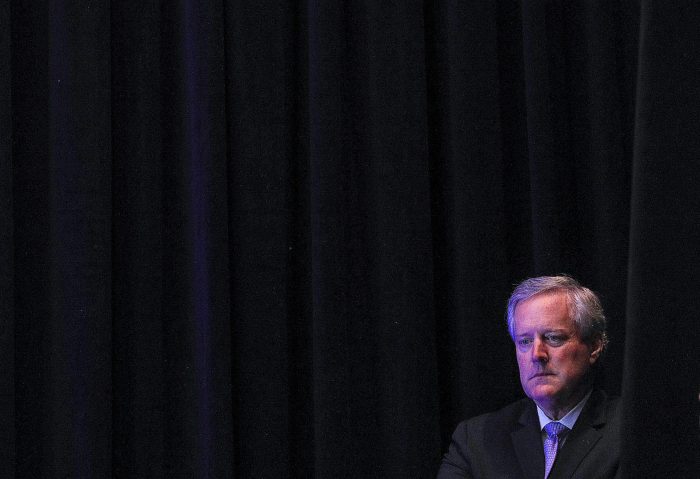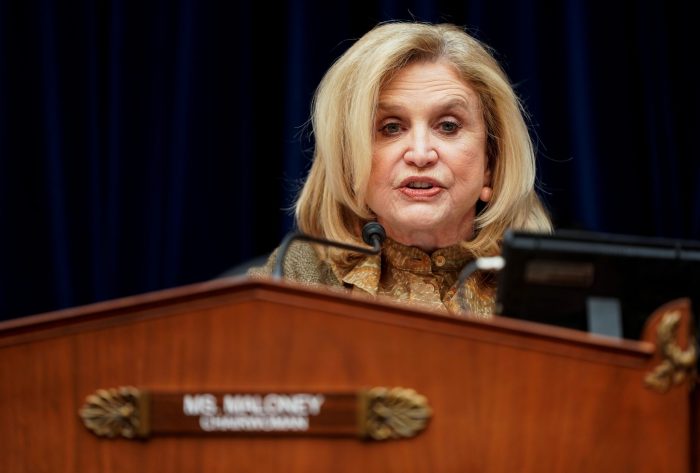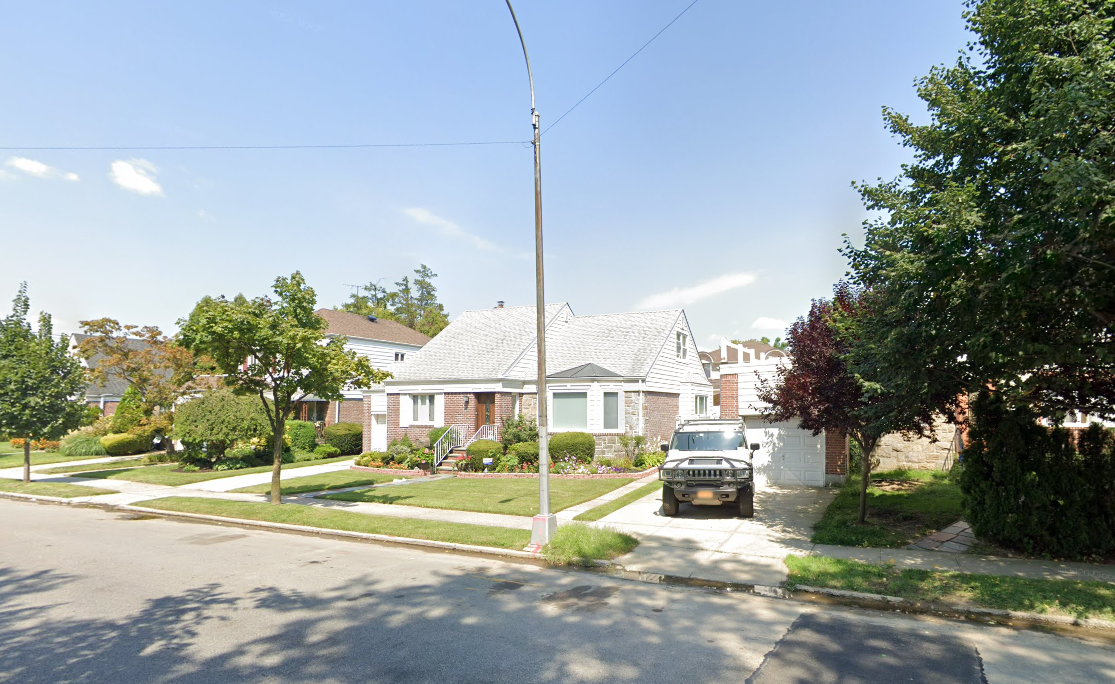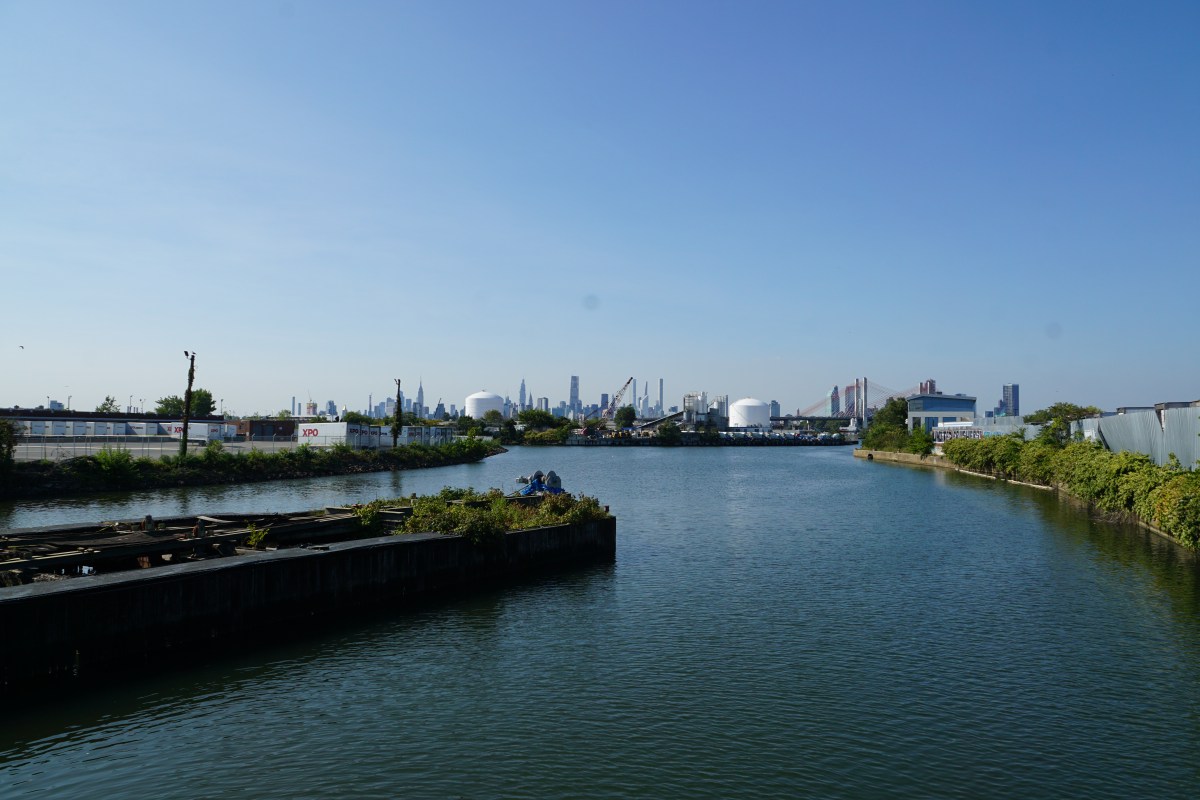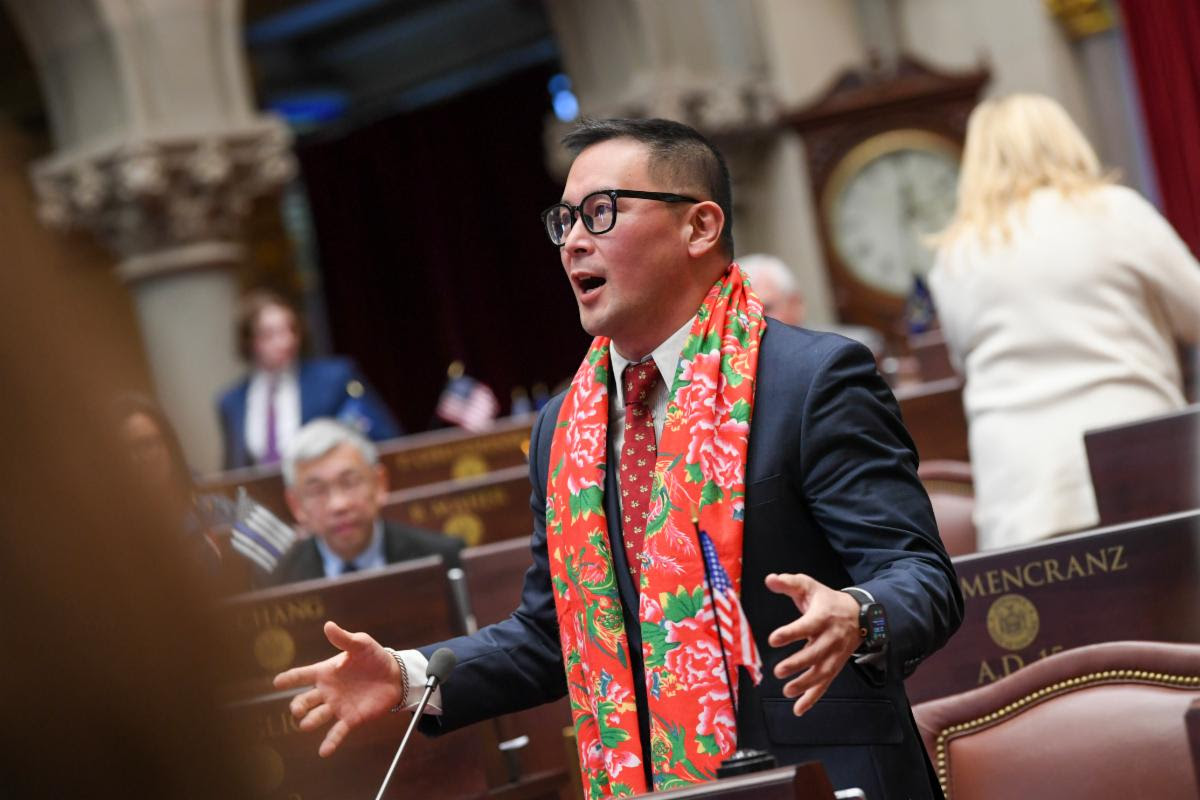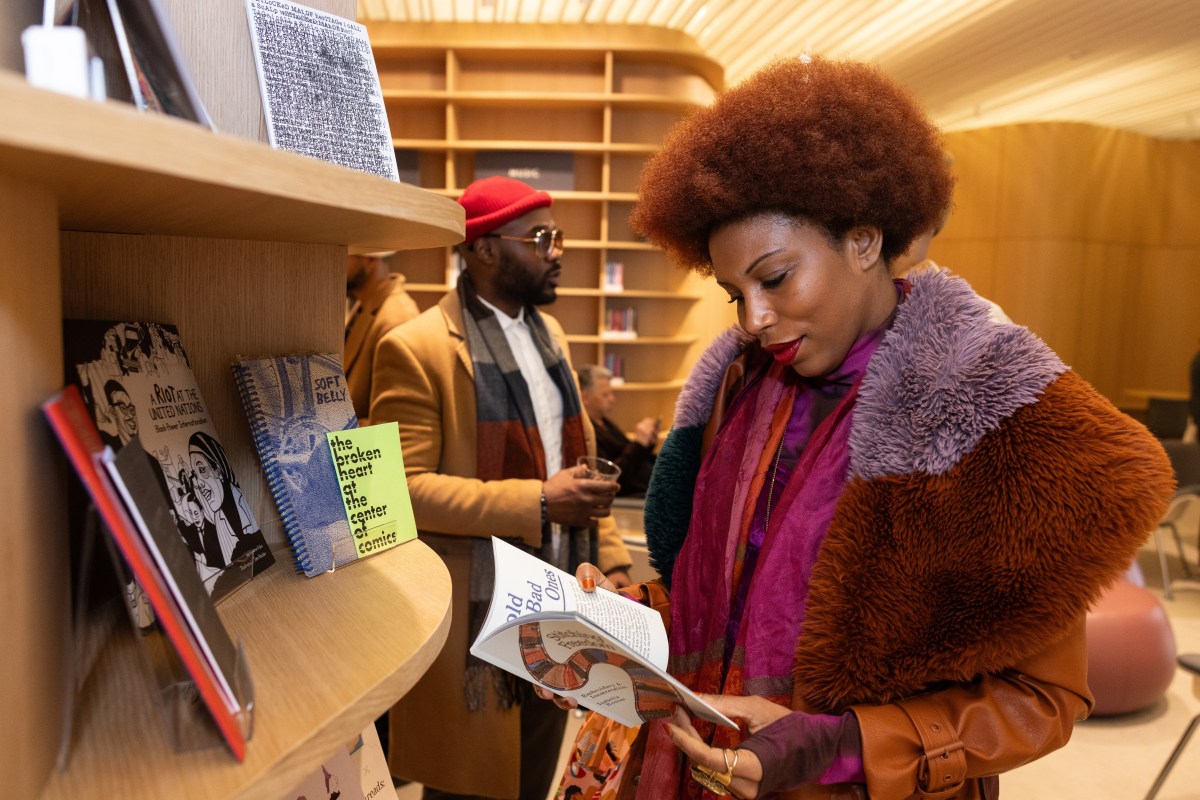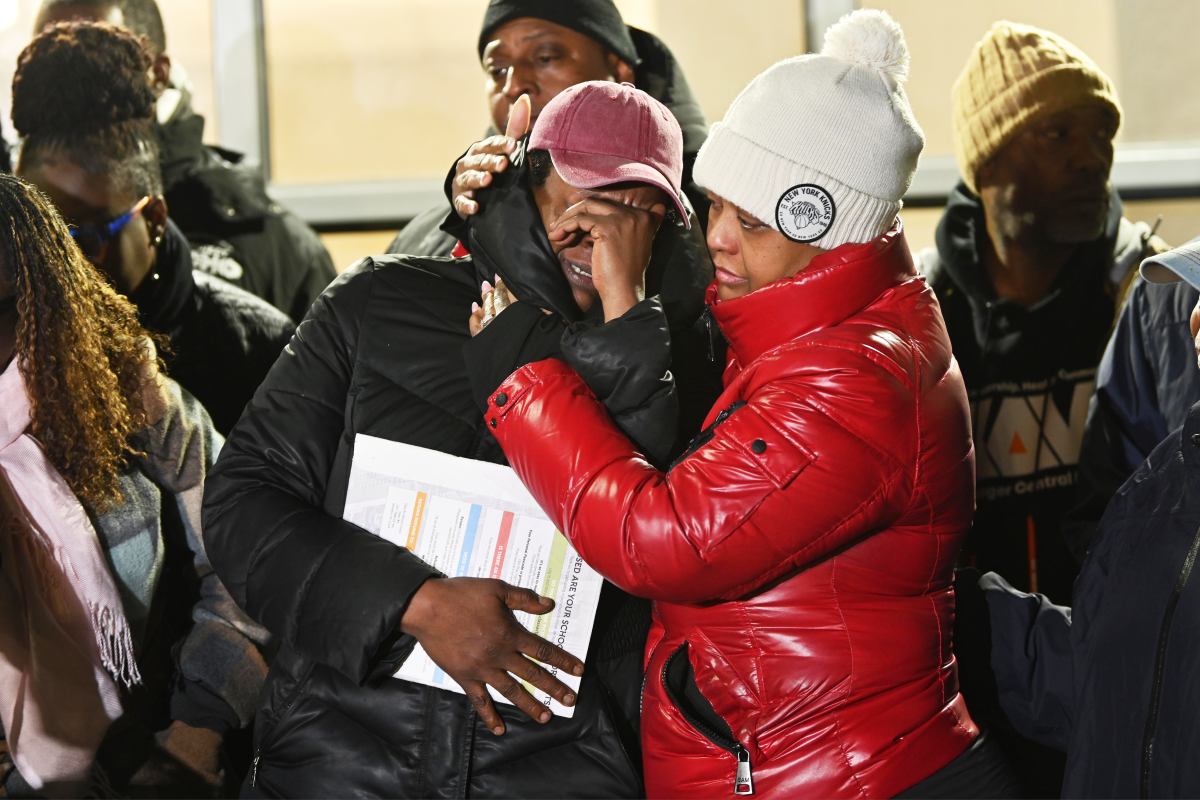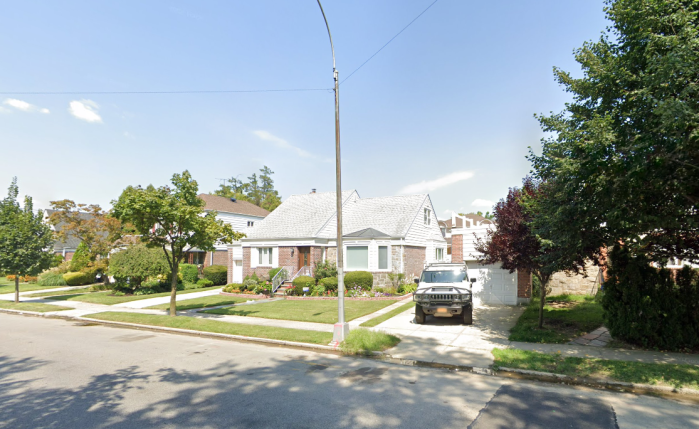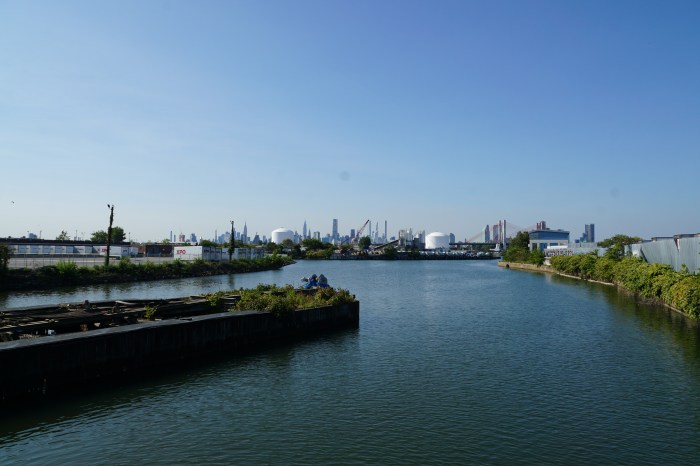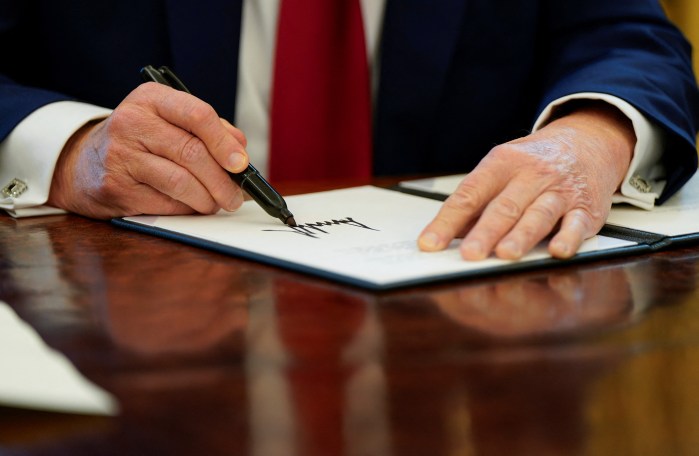Senate Majority Leader Chuck Schumer joined Representative Nydia Velazquez and the Hispanic Federation Monday to discuss the impact the Build Back Better Agenda, if passed, and the Infrastructure Investment and Jobs Act will have on the Latino community.
Fresh off the plane from a weekend in Puerto Rico for the SOMOS conference, and just a few days after the Bipartisan Infrastructure Bill passed in the House, Schumer was all smiles on Nov. 8 and ready to tout the benefits the Build Back Better Agenda (which Democrats hope to pass by Thanksgiving) will have for Hispanic New Yorkers and the state as a whole.
“This weekend, I was in Puerto Rico for SOMOS, the annual conference and I just want to mention that I was able to visit two sites that will directly benefit from the Build Back Better Agenda,” Schumer said. “I spoke with the residents, the communities who live along the canal that show this amazing resiliency in the face of natural disasters that expose health disparities and damage critical infrastructure on the island, done in the poorest of neighborhoods.”
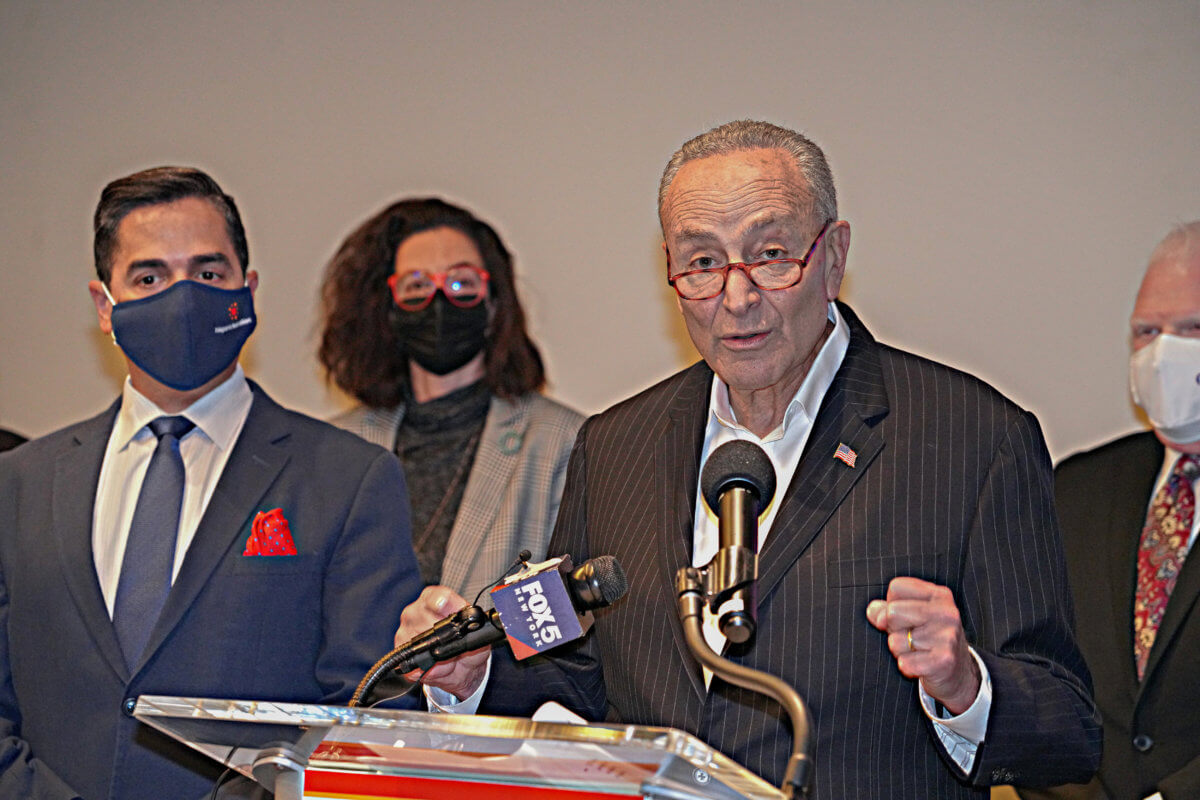
This sweeping introduction aimed to convey the need for the bill that looks to tackle everything from climate change to ensuring broadband is made affordable and accessible for those living in less affluent locations. Joined by Latinos for a Better Future, a group of organizations working to support the Build the Back Better agenda and ensuring key policies are included to help have a positive impact on the Latino community within the states and Puerto Rico, especially a pathway to citizenship, both Schumer and Velazquez took their time to underscore its importance.
The Build Back Better Agenda focuses on social infrastructure and climate change, such as child care, healthcare, paid leave, climate initiatives, housing, education, and citizenship. However, this bill continues to stand on unsteady ground with questioning and reservations held by a few representatives who would like to see more fiscal information regarding the agenda, causing the vote to once again be pushed back for another week while its counterpart, the Infrastructure Investment and Jobs Act passed.
Schumer and other elected officials are, however, making their rounds to communities urging for more support of the Build Back Better Agenda in hopes that it will push legislators to vote ‘Yes.’
“We fight for social and economic progress that Latino communities across the states and Puerto Rico need and deserve in this country. We believe that Build Back Better agenda provides our communities with a real chance to achieve important goals,” said Frankie Miranda, President and CEO of Hispanic Federation, “Although reducing scope, the current Build Back Better framework addresses the pressing needs of Latino communities by lowering costs for working families, increasing access to health care and education for many addressing climate change and promoting environmental justice and tackling various aspects of our broken immigration system by promoting fair treatment of immigration, essential workers, and preventing more family separations by allowing millions of immigrants to come out of the shadows.”
Miranda urged Congress to take swift action so that investments can be made for communities. Puerto Rico, the Dominican Republic, Haiti and other Caribbean areas suffer from the devastations of natural climate disasters, and Schumer states that the Build Back Better Agenda addresses many of these issues through its environmental initiatives.
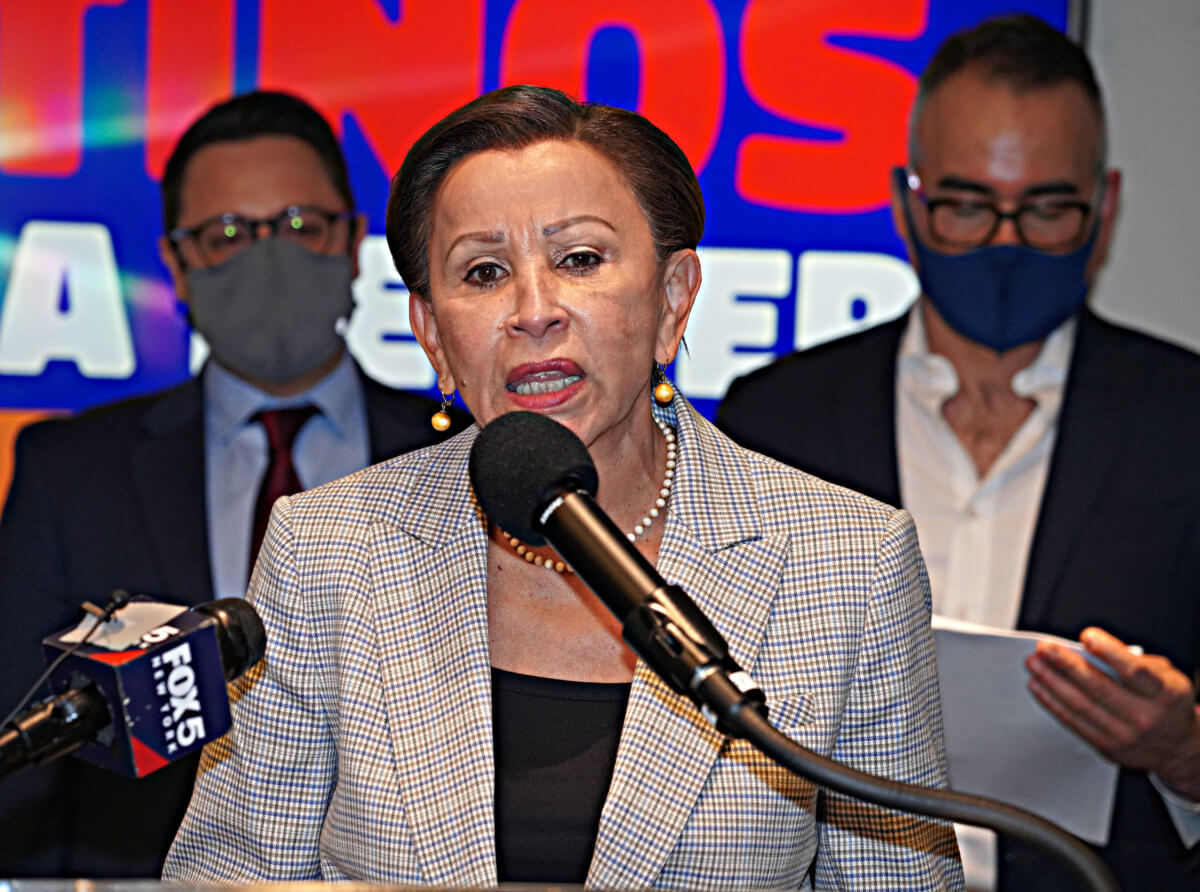
Velazquez also added that Latino families will benefit from the bill’s efforts to provide child tax, paid leave, and more.
“So let me just share with you what the reconciliation bill will do for Latino families. Latino families in particular are feeling the strain of the high cost of childcare. And nearly one in ten Latino parents report having to quit, turn down or make a major change in their job due to childcare disruptions. Only 19.5% Hispanic, ages three and four, children are enrolled in publicly funded preschool while the average yearly cost of preschool for those without access to publicly funded programs is $8,600 for child care. You tell me how the working poor can afford to go into the marketplace into the labor force and then pay for childcare. Under the Build Back Better framework, the vast majority of working Latino families of four earning less than $300,000 would be no more than 7% of their income on childcare for children under six. Plus, we are extending as the senator said the popular child tax credit,” Velazquez said.



